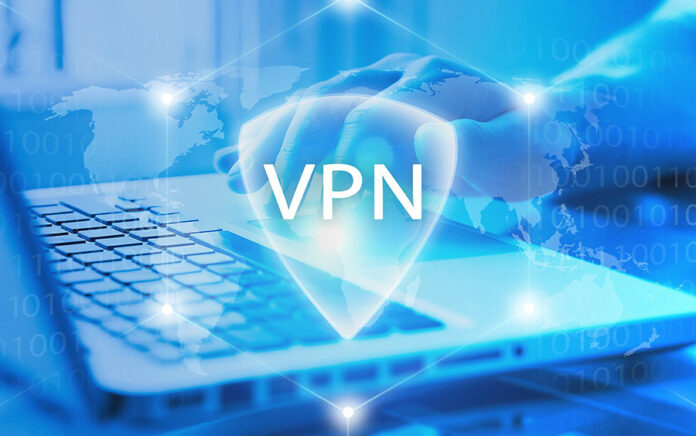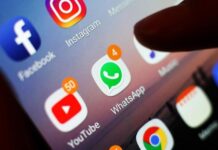The Risks Associated With Using VPN
TECH DIGEST – After Nigeria’s government suspended Twitter indefinitely last week, the term, ‘VPN’ gained ascendancy in popular vocabulary as Nigerians considered ways to get around the ban. Still, many are in the dark about what VPN is and whether it portends any form of danger to their online activities.
We will shed some light on VPNs in this article to help our readers stay better protected while surfing the internet.
VPN stands for “Virtual Private Network.” You can think of it as a service that disguises your online identity to make it harder for a third party to track your activities or steal your data.
VPNs provide several features that can keep you safe online, the most important of which are encryption and two-factor authentication. Together, these features keep your online footprints and activities private, inaccessible to even your ISP provider.
However, as much as VPNs are beneficial in securing online data, there are still certain risks associated with using them.
Dangers of using VPNs
Some free VPNs are not safe enough to keep your data private making it possible for your data to be leaked by third parties, especially if it is not well protected. Internet banking data that is not well secured could also get leaked.
Logging policies
If you use a VPN provider that stores data logs, the information about what you do on the web can easily be tracked, which defeats the purpose of using VPN for privacy sake because you no longer have control over your data.
Data leaks
Read Also:
Free VPNs are not totally free because they still need a way to earn revenue, and most times, this revenue is earned from either selling user data to third parties or sending you spam ads without your permission. A study showed that 72% of free VPNs embedded third-party trackers in their software. These trackers are used to gather data on your online activity.
All your devices aren’t automatically protected
If you have a VPN installed only on your phone or PC, that’s the only device that gets protected. If you have more than one device that you’d like to protect, you can either download VPNs on each of the devices or install a VPN router.
Speed issues
VPN slows down your connection speed and can also slow down the overall productivity of your smartphone depending on the service. This can be quite frustrating.
Jurisdiction
The country where your VPN is located affects how secure your VPN is. For instance, if your VPN is located in a country whose government has data retention laws, the VPN might be forced to store your information in secret or if some apps you use are restricted in certain countries, you will also be affected even if you are not there. For example, Binance is banned in the US so if your VPN is set to any US state, your account will be banned. Also, It does not matter what the VPN’s policy is, your data can still be shared.
Bottom line
If you really want better protection online, avoid free VPNs. Go for paid VPNs as they offer better security and user experience. Choose paid VPNs that prevent IP address disclosure and do not collect data logs that users share on it.




















